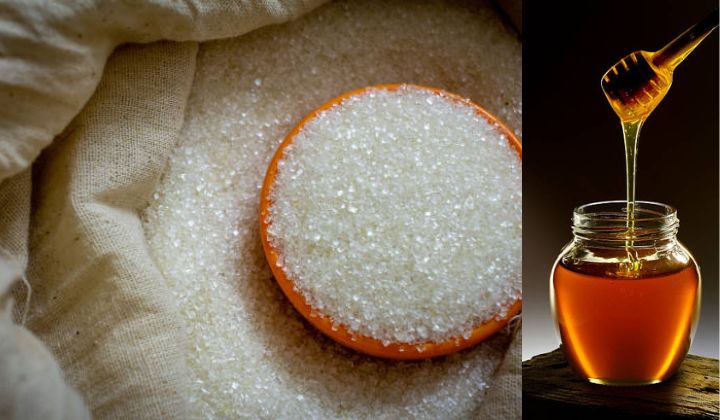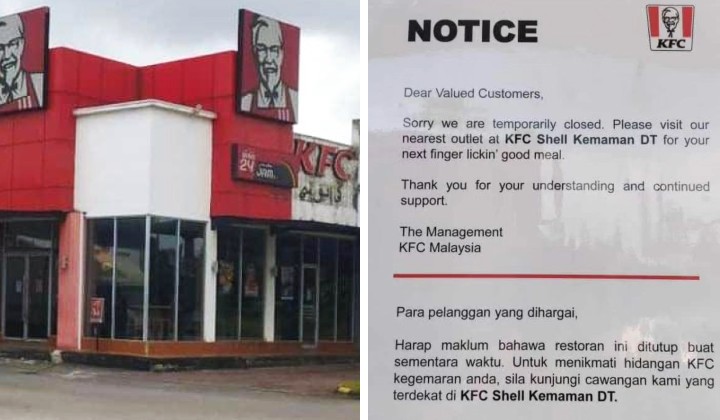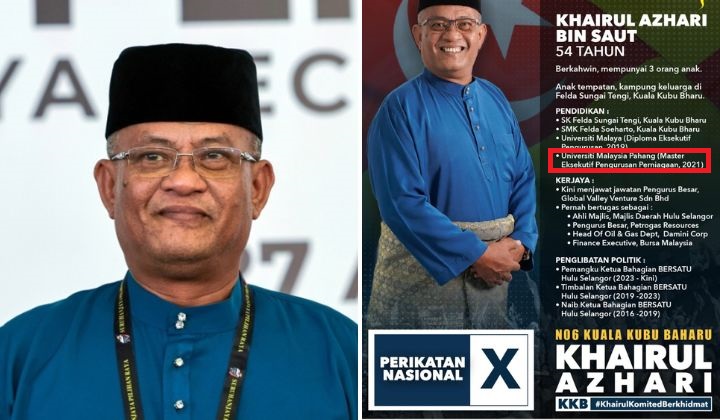Nestlé Denies ‘Extra Sugar’ Claims In Cereal & Baby Formula
Nestle stated that minor differences in recipes between nations would depend on several things, such as adhering to local laws and the accessibility of local products.

Subscribe to our FREE Newsletter, or Telegram and WhatsApp channels for the latest stories and updates.
Nestlé has denied accusations of adding significant amounts of sugar and honey to newborn milk and cereal products sold in numerous global southern countries, while these products are sugar-free in Switzerland.
They also added that minor differences in recipes between nations would depend on several things, such as adhering to local laws and the accessibility of local products.
Nestlé Malaysia said that its products adhered rigorously to threshold levels for added sugars and carbs and had special labelling requirements.
It stated that Nestlé and Wyeth use lactose as the only source of carbohydrates in the infant formulas.
Similarly, Nestlé infant cereals comply with both international standards and Malaysia food regulations. Wherever our products are sold, its nutritional profile complies with all applicable local regulations
Nestlé Malaysia via NST.
Public Eye
Recently, a few samples of the Swiss multinational’s baby food products sold in Asia, Africa, and Latin America were collected and sent to a Belgian laboratory for testing by Public Eye Campaigners.
Testing allegedly found added sugar in the form of sucrose or honey in Nido, a milk formula brand for infants aged one and above, and Cerelac, a cereal aimed at children aged between six months and two years.

In Nestlé’s main European markets, including the UK, there is no added sugar in formulas for young children.
Public Eye’s agriculture and nutrition expert, Laurent Gaberell, called for Nestlé to stop adding sugar to all products for children under three years old worldwide.
Obesity is a growing issue in low and middle-income countries, with over 1 billion people living with obesity globally.
It is difficult for consumers to determine if a product contains added sugar based on nutritional information printed on the packaging, as labels often include naturally occurring sugars under the same heading.
During a brief inspection of the Cerelac dry cereal market in Malaysia, NST discovered that each serving of 50g of the cereal plus 150ml of water included a total of 15g of sugar, according to the ingredients.
What kind of sugars contained in the items was not included in the nutrition facts proving the point that was pointed out above.
Share your thoughts with us via TRP’s Facebook, Twitter, Instagram, or Threads.





